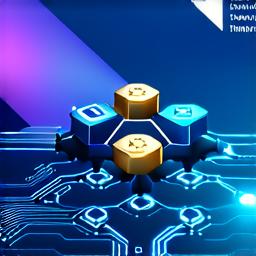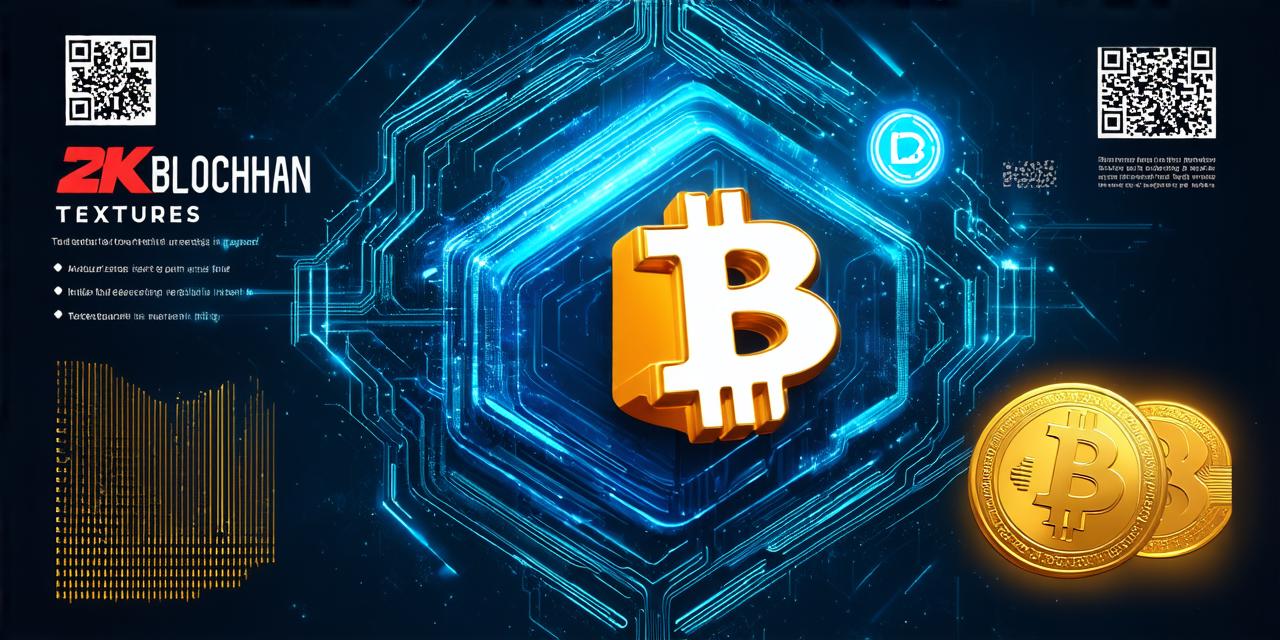Blockchain technology has become a buzzword in recent years, but what exactly is it? In this article, we will explore the concept of blockchain and its potential applications.
What is Blockchain Technology?
Blockchain technology is a decentralized database that stores information in blocks. These blocks are linked together in a chain and cannot be altered once they have been added to the chain. This makes it extremely difficult for anyone to tamper with the data stored on the blockchain, making it a secure and trustworthy way to store important information.

How does Blockchain Technology Work?
Blockchain technology works by using consensus algorithms. These algorithms ensure that all nodes on the network agree on the state of the blockchain before a new block is added. This process ensures that the data stored on the blockchain is accurate and unaltered.
One popular consensus algorithm is proof-of-work (PoW). In PoW, miners use their computing power to solve complex mathematical problems. Once they have solved these problems, they are rewarded with new blocks of data that are added to the blockchain. This process ensures that the network remains secure and decentralized.
Another popular consensus algorithm is proof-of-stake (PoS). In PoS, users stake their tokens on the network in exchange for the right to create new blocks of data. This method is more energy efficient than PoW and allows for faster transactions.
Blockchain Applications
Blockchain technology has many potential applications across various industries. Here are some examples:
1. Cryptocurrency
Cryptocurrency, such as Bitcoin, uses blockchain technology to facilitate secure and decentralized financial transactions. The use of cryptocurrency is a prime example of how blockchain technology can be used to create trust and security in online transactions.
2. Supply Chain Management
Blockchain technology can be used to increase transparency and efficiency in supply chain management. By storing data on a blockchain, companies can track the movement of goods and ensure that all parties involved have access to up-to-date information. This can help reduce fraud and improve customer satisfaction.
3. Healthcare
Blockchain technology can be used in healthcare to store and share patient data securely and efficiently. By using blockchain, healthcare providers can ensure that patient data is protected from hackers and cybercriminals.
4. Voting
Blockchain technology has the potential to revolutionize voting systems. By using blockchain, voters can trust that their votes are counted accurately and securely. This can help increase voter turnout and reduce fraud in elections.
Benefits of Blockchain Technology for Businesses
Blockchain technology offers many benefits for businesses, including increased security and transparency. Here are some examples:
1. Increased Security
Blockchain technology is extremely secure because it uses consensus algorithms to ensure that the data stored on the blockchain is accurate and unaltered. This makes it difficult for hackers and cybercriminals to tamper with the data, providing businesses with increased security.
2. Transparency
By storing data on a blockchain, businesses can provide customers with greater transparency into their operations. For example, a clothing brand can use blockchain technology to track the movement of materials from suppliers to manufacturing plants and then to retail stores. This allows customers to see where their clothes were made and how they were produced.
3. Improved Efficiency
Blockchain technology can be used to automate many business processes, reducing the need for intermediaries and increasing efficiency. For example, a real estate company can use blockchain technology to streamline the process of buying and selling property by creating a decentralized platform that allows all parties involved to have access to up-to-date information.
Case Studies
Here are some examples of how blockchain technology has been used in various industries:
1. Food Traceability
Nestle, a Swiss food company, uses blockchain technology to track the movement of their products throughout the supply chain. By using blockchain, Nestle can ensure that their products are safe and ethically sourced. This has helped increase consumer trust in their brand.
2. Voting System
West Virginia became the first US state to use blockchain technology for voting in the 2018 midterm elections. By using blockchain, West Virginia was able to ensure that the votes were counted accurately and securely. This has the potential to increase voter turnout and reduce fraud in future elections.
3. Financial Services
Deloitte, a global consulting firm, uses blockchain technology to facilitate cross-border payments for their clients. By using blockchain
